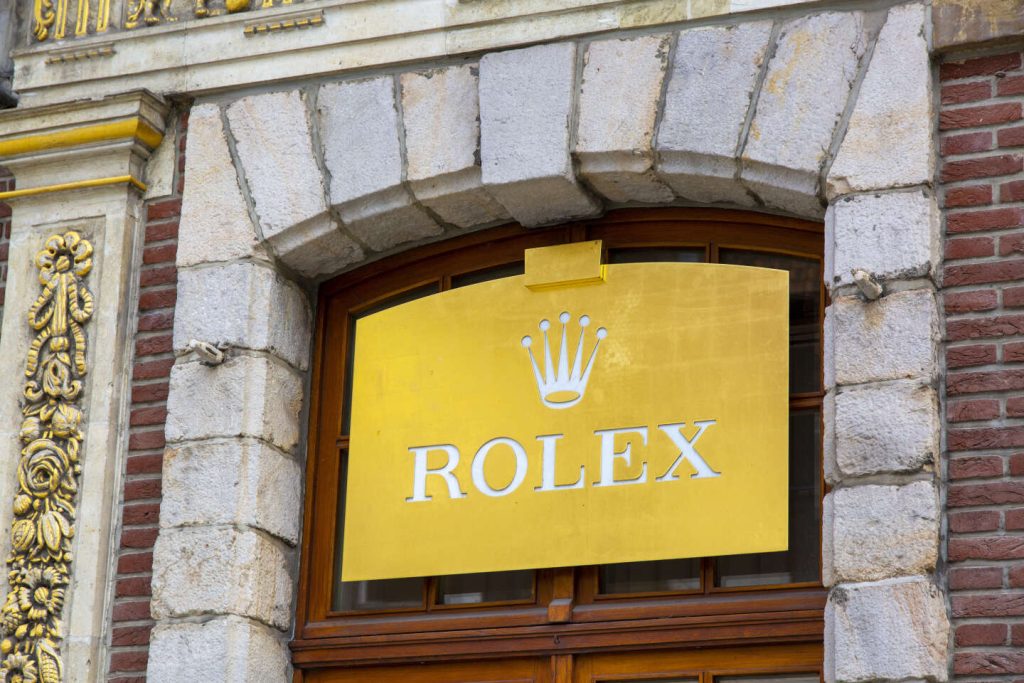Florian R. was honest for once as he admitted to his crimes in front of the 13th chamber of the Paris criminal court. As the founder of “La Genèverie,” a platform available on Snapchat or Telegram offering counterfeit luxury watches, fake identity cards, driver’s licenses, and health passes at unbeatable prices, he also disclosed the existence of 20,000 euros hidden in the seized evidence that investigators had missed. He was sentenced to four years in prison and fined 200,000 euros, showing some leniency possibly due to his honesty. His co-defendant, Julien V., however, did not receive the same treatment, facing accusations of producing and selling at least 9,000 counterfeit watches while living in Thailand. Despite his defiance and disrespectful behavior in court, he was sentenced to four and a half years in prison with a staggering fine of 206 million euros based on the value of the counterfeit watches sold.
The illegal activities of “La Genèverie” did not only involve counterfeit goods but also accessed confidential police files through corrupt officers who were now banned from their profession. These officers would provide requested profiles for a price of 50 euros each, adding another layer of criminality to the operation. The massive fine imposed on Julien V. almost overshadowed the convictions of the corrupt policemen involved in the scheme, emphasizing the seriousness of exploiting confidential information for personal gain. The corrupt practices within law enforcement raise concerns about the rise of corruption among public officials and the potential impact on the state’s integrity.
Two other defendants, Sephora O. and Yassine G., had differing strategies during the trial. Sephora O. admitted to her crimes and expressed remorse, while Yassine G. denied the accusations and presented an implausible version of events. However, the number of files sold by each defendant influenced their sentences, with Sephora O. receiving four years in prison with two years suspended, and Yassine G. receiving two years in prison with one year suspended, to be served under electronic monitoring. The contrasting outcomes highlight the importance of honesty and cooperation in legal proceedings and how they can affect sentencing decisions.
The trial showcased a variety of personalities and attitudes among the defendants, from Florian R.’s rare honesty to Julien V.’s arrogant and dismissive demeanor in court. Despite facing serious criminal charges, some defendants displayed defiance and a lack of remorse for their actions, undermining the seriousness of their offenses. The substantial fines imposed on the defendants reflect the financial impact of their crimes, illustrating the consequences of engaging in illegal activities such as counterfeiting and corruption. The legal proceedings served as a reminder of the consequences of white-collar crimes and the importance of upholding the law to protect public safety and trust in the justice system.
Overall, the trial of the individuals involved in “La Genèverie” shed light on the complex web of criminal activities that extended beyond counterfeiting luxury goods. The involvement of corrupt police officers added an alarming layer to the case, highlighting the dangers of exploiting confidential information for personal gain. The varying responses of the defendants to the charges against them underscored the importance of accountability and honesty in legal proceedings, ultimately influencing the severity of their sentences. The court’s decision to hold the defendants accountable for their actions sends a strong message about the consequences of engaging in illicit activities and the need to uphold ethical standards in society.















